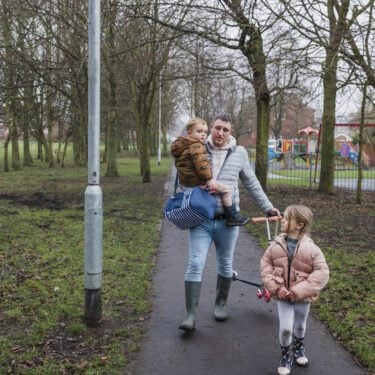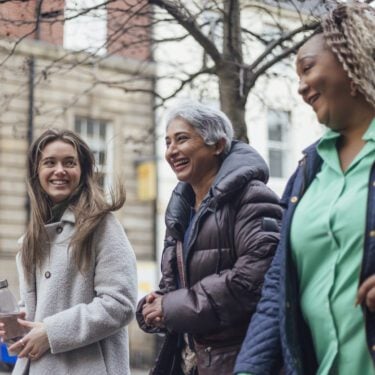
19/08/15
3 min read
Key professions such as nursing, teaching and social work are losing thousands of potential recruits as student mothers drop out of higher education due to a lack of support from universities.
The findings are revealed in new research from the Institute for Employment Research at the University of Warwick and funded by the Nuffield Foundation.
It highlights the true scale of the pressures placed upon mothers who go to university and calls for more to be done to assist them.
The research found there is a trend for mothers to do a particular degree with a specific job in mind, such as midwifery, teaching or social work, but that they were often poorly informed about what those jobs would entail when they applied.
As a result, they often dropped out late into the degree or during a postgraduate year, with placements on some of the courses “very unforgiving” and often representing a “crunch point”.
Of particular difficulty, the report found, is the stress of having to juggle childcare and domestic work – and in many cases paid work – with studying.
The study involved analysing data from Futuretrack – the most extensive investigation of the relationship between higher education and employment ever undertaken in the UK. It also included follow-up interviews with a sample of student mothers from the Futuretrack project.
The findings suggest that inequalities do not appear to break down as a result of going to university. Whilst some student mothers can and do achieve social mobility, in that they progress into a better job than before, this group of students experience relatively poor social mobility, in comparison with other female students.
Dr Clare Lyonette who led the study said: “Those women who did survive all these struggles tended to do quite well but many either dropped out and returned to their old job or finished the degree and then went into a job which didn’t really require a degree at all such as a classroom assistant instead of a teacher.
“However, the majority of mothers really valued the whole higher education experience and felt that it benefited them in lots of other ways which aren’t necessarily counted in typical higher education outcomes such as a graduate job or a good salary. Many benefited from increased self-confidence, self-fulfilment and an ability to help their own children make decisions on higher education.”
The authors are now calling for more to be done to make higher education a better and more positive experience for mothers, in light of the findings.
“It’s not that difficult with a bit of imagination,” Dr Lyonette claims. “On a course where there are lots of student mothers, universities need to step up, providing a timetable with perhaps more condensed lectures which could facilitate childcare, which is very costly. Also, lecturers could be more flexible in their approach and provide a bit of leeway when there are difficulties at home.
“Most importantly, mothers should be provided with as much information about particular courses when they first apply to avoid later drop-out. A greater amount of advance information from the university on funding and childcare opportunities would also be helpful. Careers advice could be tailored to their needs.
“Any other tailored support, such as putting mothers in touch with other student mothers – especially on courses where they may feel isolated – would be a benefit.
“Student mothers tend to be really hard workers and are determined to get the job done so will work hard, in spite of all the obstacles. This needs to be recognised and supported, especially in the face of widening participation among non-traditional students and increased tuition fees which have decreased the number of mature students even applying to higher education.”
Related




















































